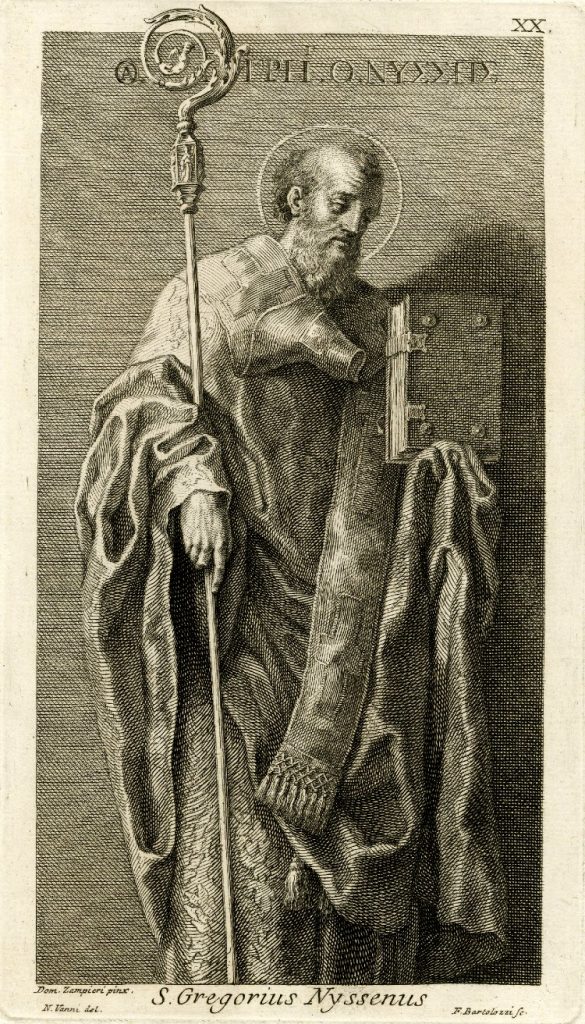Fifth in a series on the Book of Psalms.
In the sequence of psalms, some readers find a gradual movement from predicament to praise.
After two brief introductory psalms, the early portions of the “Psalter” do tend to feature prayers of deliverance from dire circumstances. The later psalms, however, are almost exclusively songs of praise. Indeed, “songs of praise” is one literal way to translate the words often rendered as “Hallel Psalms.” It is from these, the very last psalms in the “Psalter,” that we get the word “Hallelujah” — which is Hebrew for “Praise the Lord!”
The Hebrew title of the “Psalter” might provide further confirmation of this dramatic movement. Why call the book “Sefer Tehillim,” the “Book of Praises,” if most of the praise is loaded at the end? It makes sense, say some readers, only if praise is the goal of the whole book — if praise is the fruit even of the psalmist’s early difficulties.
Others see in the “Psalter” a first-person history of the rise and fall of the royal house of David and the ultimate enthronement of God as sole king of Israel. The book begins with confident songs of Davidic kingship, but then proceeds to laments over the monarch’s personal sin and the evil this sin has visited upon himself and his kingdom. Eventually, the tribes rebel and the kingdom divides. Weakened, the lands of Israel are overrun by gentile armies and the people carried off to exile. Yet, in the end, these seemingly tragic circumstances teach them to rely on the Lord God as the only king who can triumph over all adversities. Thus, in this reading, the “Psalter” ends with praise of Yahweh’s kingship over Israel.
Still others see the “Psalter” as an allegory of the moral life. St. Gregory of Nyssa (fourth century) discerned in the five books of Psalms the growth of the soul through five stages of virtue, from initial conversion to final blessedness. The psalmist sets the agenda, said St. Gregory, with the first lines of the first psalm:
“Blessed is the man, who (1) walks not in the counsel of the wicked, (2) nor stands in the way of sinners, (3) nor sits in the seat of scoffers; but (4) his delight is in the law of the Lord, and (5) on His law he meditates day and night.”
St. Gregory traces the soul’s progress, first as it turns away from sin, then as it detaches itself from passions and earthly attachments, and finally as it turns completely to God in contemplation.
This final blessedness — beatitude — is a life begun on earth that will reach its perfection in heaven.
But there’s still another possible plot to the Book of Psalms, and we’ll talk about it next time.

